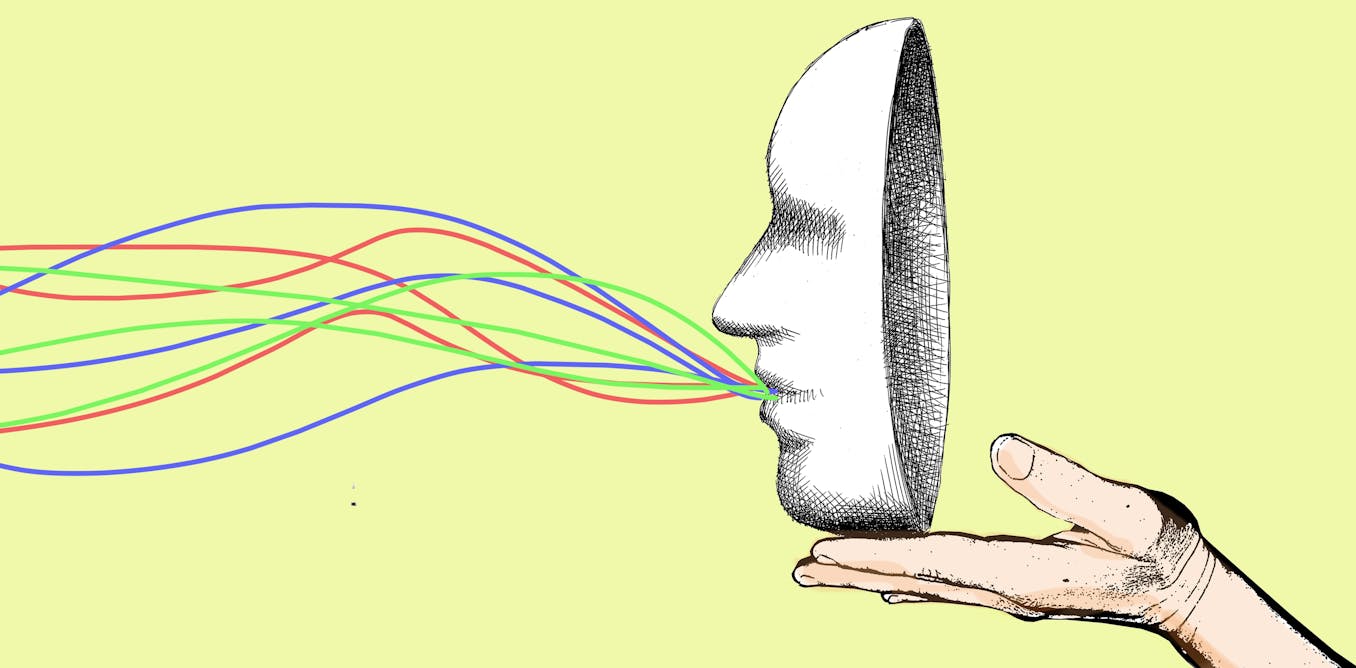Weaponized storytelling: How AI is helping researchers sniff out disinformation campaigns
Disinformation campaigns are using AI to tell false but compelling stories. AI tools are also helping counter the campaigns by detecting incongruities in usernames, cultural references and timelines.
May 29, 2025 • ~10 min









